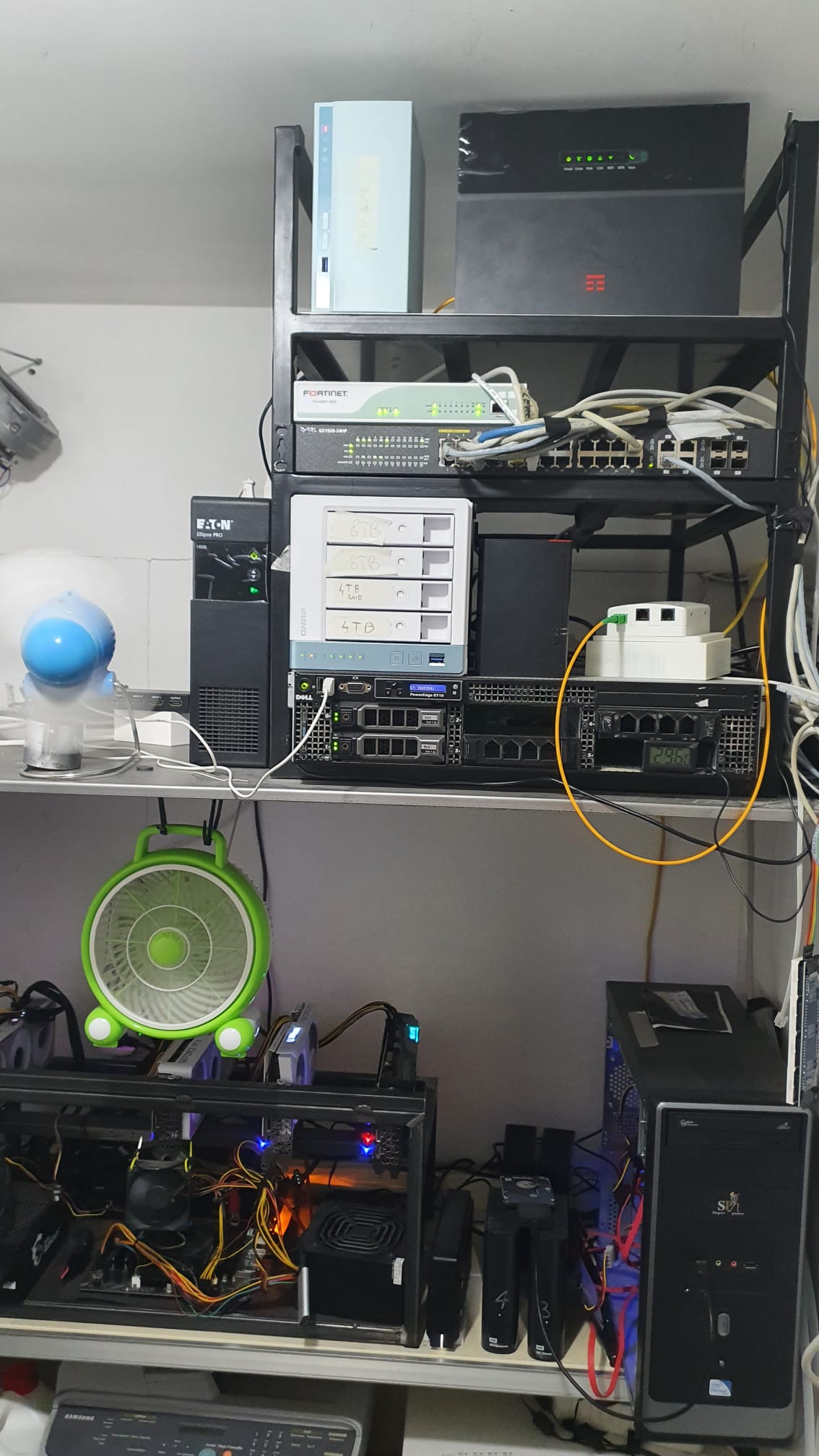Such a project does not start with a specific device, but with a plan and a catalogue of requirements. After that, you can evaluate what kind of device(s) and which software you need to acomplish your goals.
You could certainly do some things with your existing equipement…
If you give your server enough storage to host a few Netxloud instances, you could use the QNAP boxes for backups. But you could also use them as a storage backend via iSCSI or NFS. Whether the existing HW is sufficient depends to how many customers you want to offer services and what you promise your customers regarding uptime, data security etc… If you show them the pic you posted here and they are still ok, you’ll probably be fine… 
But If you promise them a professional service with high uptime, you need redundancy, preferably everywhere (servers, storage boxes, power supplies, network equipement, internet connection etc). What do you do when a power supply or a disk dies? How quickly do you have a replacement? How quickly is the RAID rebuilt or the backups restored? Can you afford a few hours of downtime? Do you have a fireproof room? …or maybe even two independent locations? Do you have redundant internet connectivity? Do you have a UPS?
If you promise them data security, you need a reliable infrastructure for backups, preferably also offsite. Can you guarantee the safety of the customer data, and restore it within a reasonable period of time if a catastrophic event happens? What do you do if your house burns down?
Further if you want to expand, you need already include that in your current planing. Sure, you can just add more and more servers and NAS boxes. But at some point the whole thing becomes unmanageable.
And either way you need backups of your installation, databases, etc. Read up on 3:2:1 backup strategy.
As I already stated in my PM, I cannot give you detailed recommendations, since I have zero expirience in building out a hosting infrastructure. What I told you in this and my previous posts are the absolute basics for any larger productive IT Environment, especially if you host data for customers. Try to read up on the multiple buzzwords I gave you and come to your own conclusions. I cannot and I won’t give a recommendation for a specific device or software and tell you: “Set this thing up, start hosting Nextcloud instances for customers with it and you’ll be fine!”



